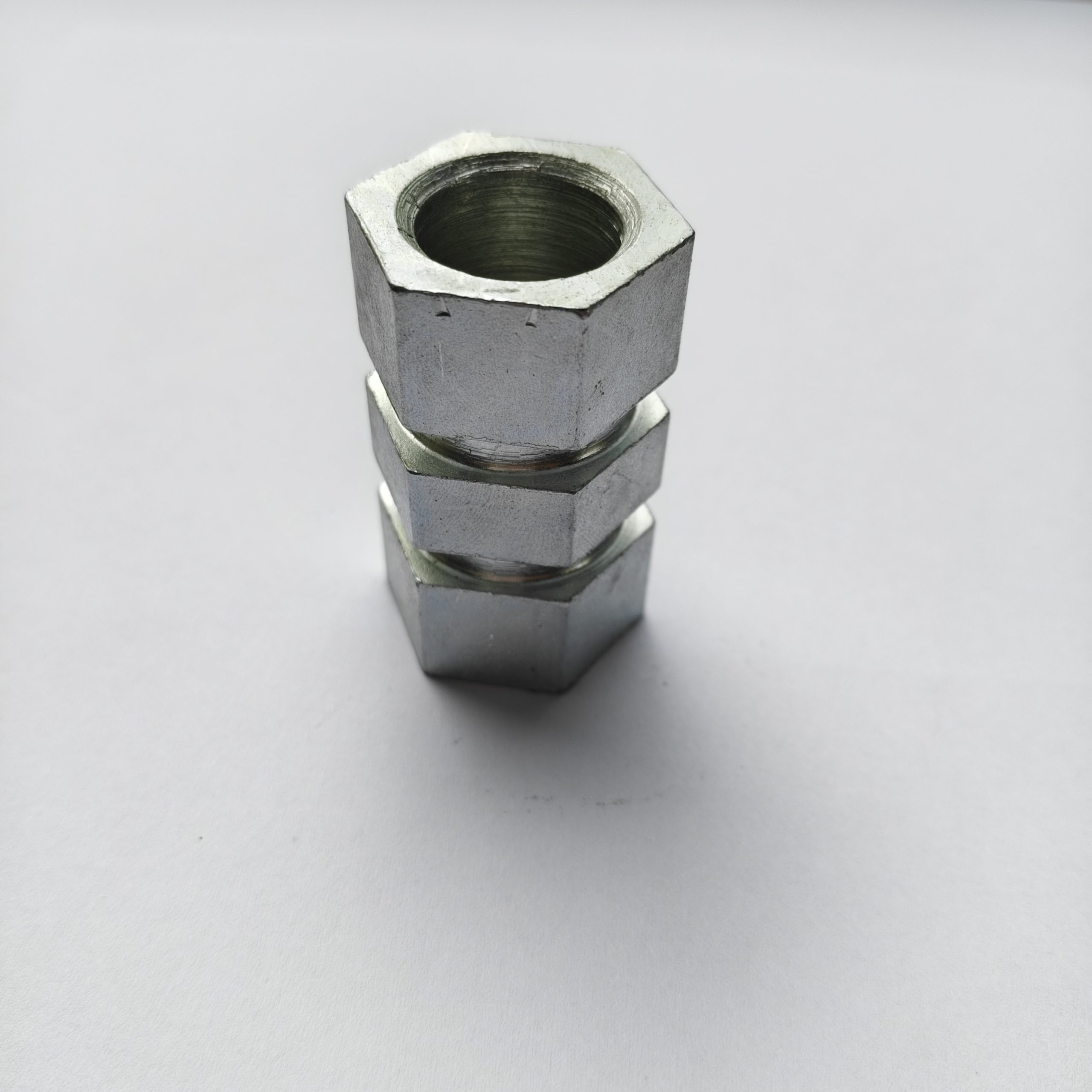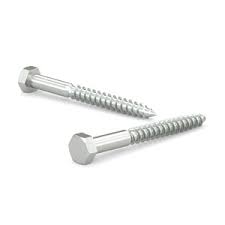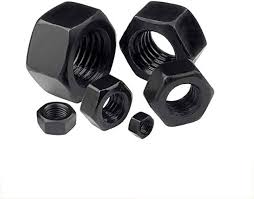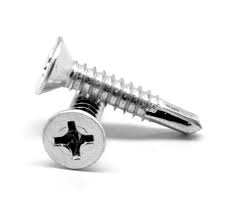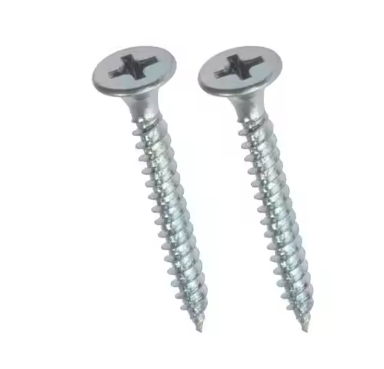A Comprehensive Guide to Nuts: Types, Uses, and SelectionThis article explores the diverse world of nuts, covering various types, their applications, and factors to consider when selecting the right ones for your needs. We'll delve into their properties, benefits, and common uses across different industries. Discover the optimal nut for your specific project!
Types of Nuts
The term
nuts encompasses a vast array of products, each with unique characteristics and applications. We'll categorize them broadly for clarity.
Fasteners
This category primarily focuses on
nuts used in engineering and construction. These
nuts are designed to secure bolts and screws, providing structural integrity to various assemblies. Different types include: Hex Nuts: The most common type, featuring a hexagonal shape for easy wrenching. These are widely used in general fastening applications. Variations include heavy hex
nuts for increased strength. Cap Nuts: These
nuts have a dome-shaped top, offering a more aesthetically pleasing finish and protecting the underlying threads from damage. Flange Nuts: These
nuts have a built-in flange that provides a larger bearing surface, improving the grip and preventing loosening under vibration. Castle Nuts: Fitted with a slot to accommodate a cotter pin, ensuring secure fastening, especially in applications requiring high vibration resistance. They are often used with critical components. Wing Nuts: Featuring wings on either side, these
nuts allow for hand tightening without the need for tools, useful in quick-assembly scenarios.
| Nut Type | Description | Common Uses |
| Hex Nut | Hexagonal shape for wrench use. | General fastening. |
| Cap Nut | Dome-shaped top for aesthetics and thread protection. | Applications requiring a finished look. |
| Flange Nut | Increased bearing surface for improved grip. | Vibration-prone applications. |
Edible Nuts
This category refers to the edible seeds of various plants, consumed as food. Examples include almonds, walnuts, cashews, pecans, and peanuts (technically a legume, but often grouped with
nuts). These are rich in nutrients and have diverse culinary applications. For high-quality fasteners, check out
Hebei Dewell Metal Products Co., LTD.
Selecting the Right Nuts
Choosing the appropriate
nut depends heavily on the specific application. Consider these factors: Material: Different materials (steel, stainless steel, brass, etc.) offer varying levels of strength, corrosion resistance, and other properties. Size and Thread: Ensure compatibility with the corresponding bolt or screw. Application: The intended use will dictate the type of
nut required (e.g., high-strength
nuts for critical applications). Environmental Conditions: Exposure to harsh environments may require corrosion-resistant
nuts.
Conclusion
The world of
nuts is remarkably diverse, offering a wide range of options for various needs. Understanding the different types and their properties is crucial for selecting the right
nut for your project, ensuring safety, durability, and optimal performance. Remember to consider the material, size, and application when making your selection.



